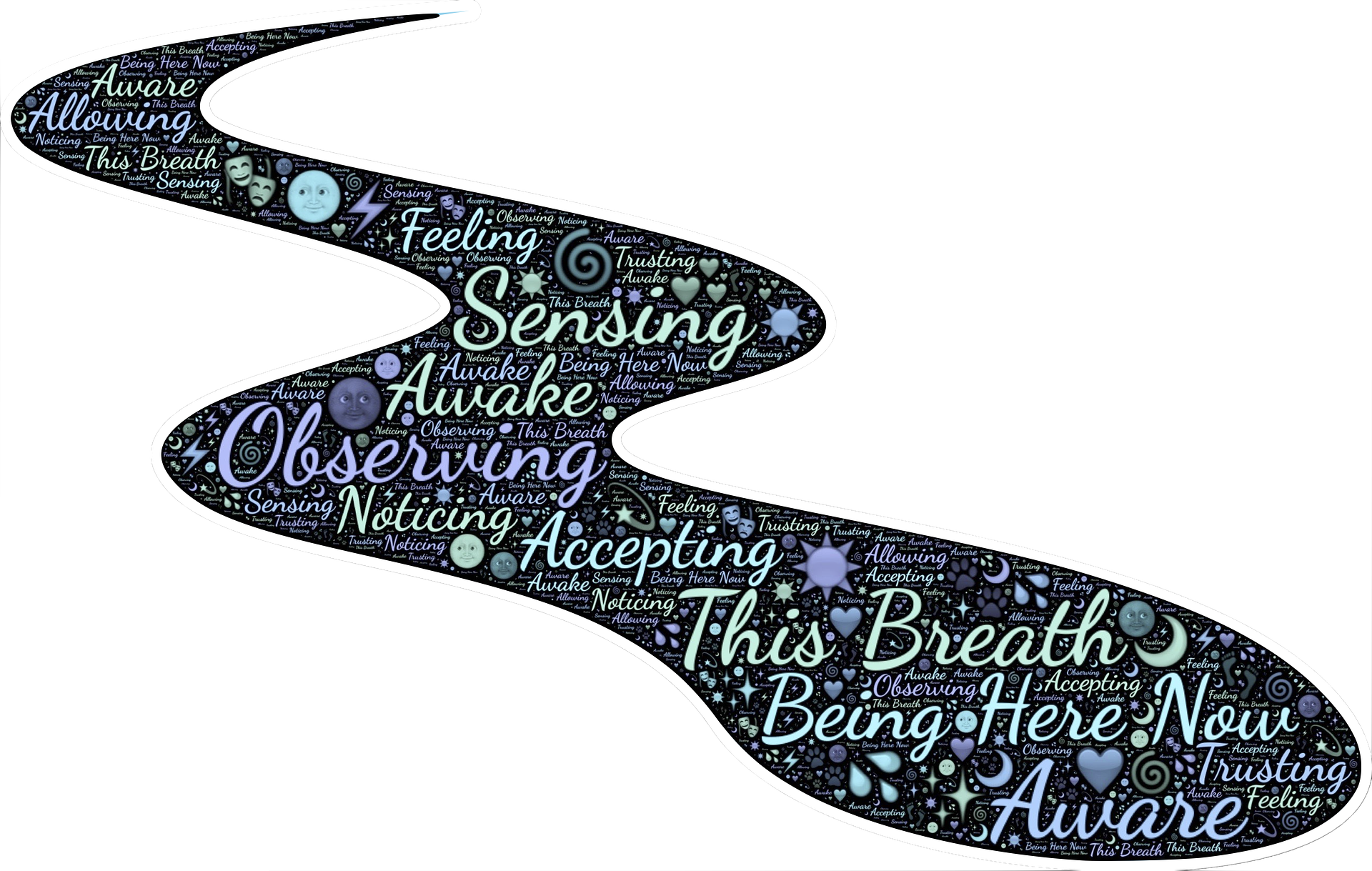Peptic Ulcer
Overview
Peptic ulcers are sores that develop in the lining of the stomach, lower esophagus, or small intestine. They’re usually formed as a result of inflammation caused by the bacteria H. pylori, as well as from erosion from stomach acids. Peptic ulcers are a fairly common health problem.
constipation



